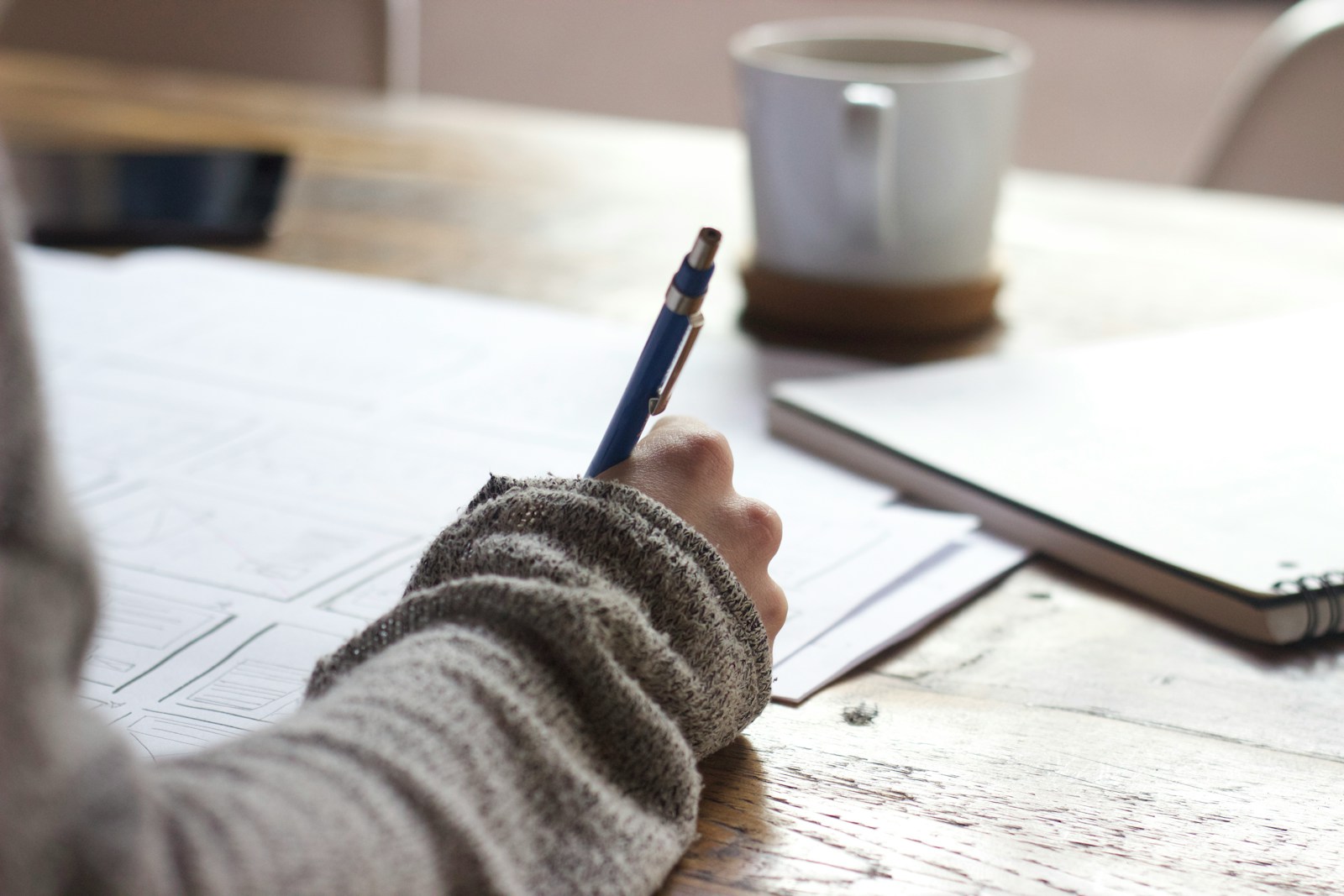Anxiety is a common mental health condition that affects millions of people worldwide. It can be caused by a combination of factors, including genetics, environment, and brain chemistry. While there are various treatment options available, many individuals prefer to explore natural remedies for anxiety management. In this article, we will explore 10 effective natural ways to reduce anxiety and promote overall well-being.
Staying Active: The Power of Exercise
Regular physical activity has been shown to have numerous benefits for mental health, including anxiety reduction. A 2021 study found that individuals with physically active lifestyles had a 60% lower chance of developing anxiety symptoms compared to the general population. Exercise not only diverts attention from anxious thoughts but also triggers changes in brain chemistry, such as the release of serotonin, GABA, BDNF, and endocannabinoids, which are known to have anti-anxiety effects. Engaging in activities like high-intensity interval training (HIIT), running, Pilates, or yoga can be highly beneficial in managing anxiety.
Moderating Alcohol Intake: Finding Balance
While alcohol may provide temporary relief from anxiety symptoms, excessive or chronic alcohol consumption can disrupt brain chemistry and lead to imbalances that exacerbate anxiety. Studies have shown a significant link between anxiety disorders and alcohol use disorder (AUD), with both often co-occurring. Decreasing alcohol intake has been found to improve symptoms of anxiety and depression. It is important to note that temporarily increased anxiety symptoms may occur when initially cutting back on alcohol, but they often improve in the long run.
Quitting Tobacco: Breaking Free from Anxiety
Smoking cigarettes and anxiety symptoms often coexist, with individuals with anxiety being more likely to use tobacco. Research has consistently shown that quitting smoking can significantly improve anxiety symptoms. Nicotine and other chemicals in cigarette smoke can alter brain pathways associated with anxiety and panic disorder symptoms. Finding substitutes for cigarettes, such as toothpicks or gum, and creating a supportive environment can aid in quitting smoking and reducing anxiety symptoms.
Limiting Caffeine Intake: Taming the Jitters
Caffeine is a stimulant that can increase anxiety symptoms in some individuals. A review of 10 studies found that caffeine may raise anxiety levels and even trigger panic attacks. Caffeine blocks the brain chemical adenosine, which is responsible for promoting relaxation and inducing sleep, while simultaneously releasing adrenaline, the fight-or-flight hormone. While moderate caffeine intake is generally safe for most people, reducing or eliminating caffeine consumption can be beneficial for individuals sensitive to its effects. Gradually reducing caffeine intake over a few weeks can help mitigate withdrawal symptoms.
Prioritizing Quality Sleep: Calming the Mind
Getting enough sleep is crucial for overall well-being and can have a significant impact on anxiety levels. The Centers for Disease Control and Prevention (CDC) recommends seven or more hours of sleep per night for adults. Improving sleep hygiene by maintaining a consistent sleep schedule, creating a relaxing sleep environment, avoiding stimulating activities before bed, and managing stress can contribute to better sleep quality. Sleep deprivation can increase the risk of developing chronic sleep problems and exacerbate anxiety symptoms.
Cultivating Mindfulness: Embracing the Present Moment
Mindfulness and meditation practices have been shown to reduce stress and anxiety. Mindfulness involves bringing awareness to the present moment without judgment, allowing individuals to observe their thoughts and feelings without getting caught up in them. Mindfulness-based cognitive therapy (MBCT), which combines meditation and mindfulness strategies with cognitive-behavioral therapy (CBT) techniques, has been found to be effective in reducing anxiety symptoms. Research has demonstrated that mindfulness-based stress reduction (MBSR) meditation can be as effective as antidepressant medication in relieving anxiety symptoms.
Nourishing Your Body: The Role of Diet
Diet plays a significant role in mental health, including anxiety management. Low blood sugar levels, dehydration, and chemicals in processed foods can impact mood. Consuming a balanced diet rich in complex carbohydrates, fruits and vegetables, and lean proteins can help stabilize blood sugar levels and provide essential nutrients for brain health. Highly processed foods, sugary snacks, and excessive caffeine should be limited as they can worsen anxiety symptoms. Staying hydrated and avoiding excessive alcohol intake can also contribute to better mental well-being.
Harnessing the Power of Deep Breathing: Calming the Nervous System
Shallow, rapid breathing is a common symptom of anxiety. Deep breathing exercises can help restore regular breathing patterns and reduce anxiety symptoms in the moment. Taking slow, deep breaths activates the body’s relaxation response, stimulating the parasympathetic nervous system and counteracting the stress response. Deep breathing techniques, such as diaphragmatic breathing and box breathing, can be practiced anytime and anywhere to promote relaxation and alleviate anxiety.
Exploring Aromatherapy: The Scent of Calm
Aromatherapy is a holistic healing treatment that uses natural plant extracts and essential oils to promote well-being. Essential oils can be inhaled directly, added to a warm bath, or used with a diffuser. Certain essential oils, such as bergamot, lavender, clary sage, grapefruit, and ylang-ylang, are believed to have anxiety-relieving properties. These oils can boost relaxation, improve sleep quality, elevate mood, and reduce heart rate and blood pressure. It is important to choose high-quality essential oils and consult with a healthcare professional before use.
Sipping Chamomile Tea: A Soothing Brew
Chamomile tea has long been used as a natural remedy for anxiety. Research has shown that chamomile may significantly reduce anxiety symptoms, likely due to the activity of a flavonoid called apigenin. Apigenin engages GABA receptors, similar to anti-anxiety medications like Xanax. Regular consumption of chamomile tea has been found to be safe and effective in relieving symptoms of generalized anxiety disorder (GAD). Incorporating chamomile tea into your daily routine can provide a calming effect and promote relaxation.
By implementing these natural strategies into your daily life, you can effectively manage anxiety symptoms and promote overall well-being. It’s important to remember that everyone’s experience with anxiety is unique, and it may take time to find the strategies that work best for you. If anxiety symptoms persist or worsen, it is advisable to seek professional help from a healthcare provider. Remember to prioritize self-care, and be patient and kind to yourself on your journey to reduced anxiety and improved mental health.






